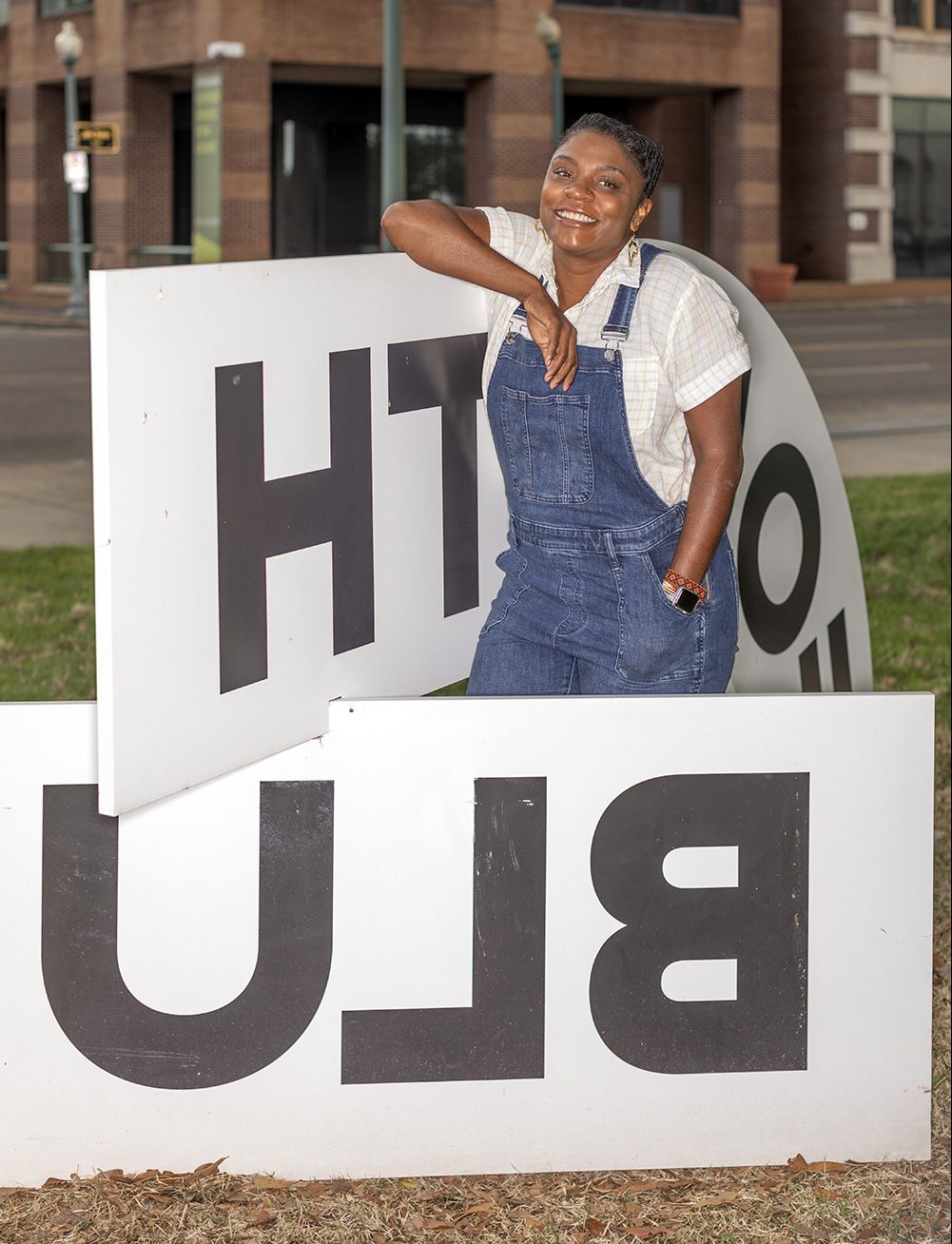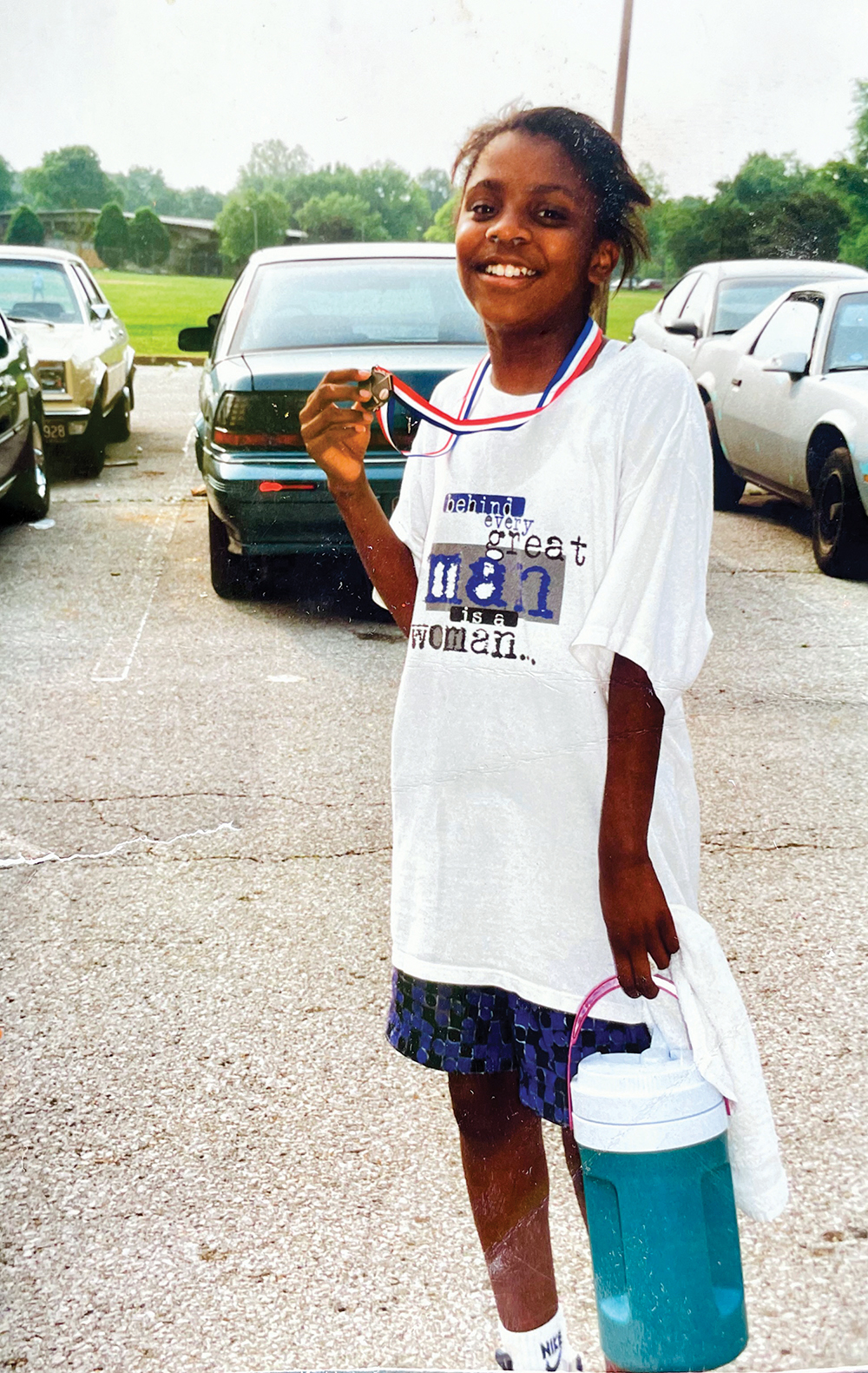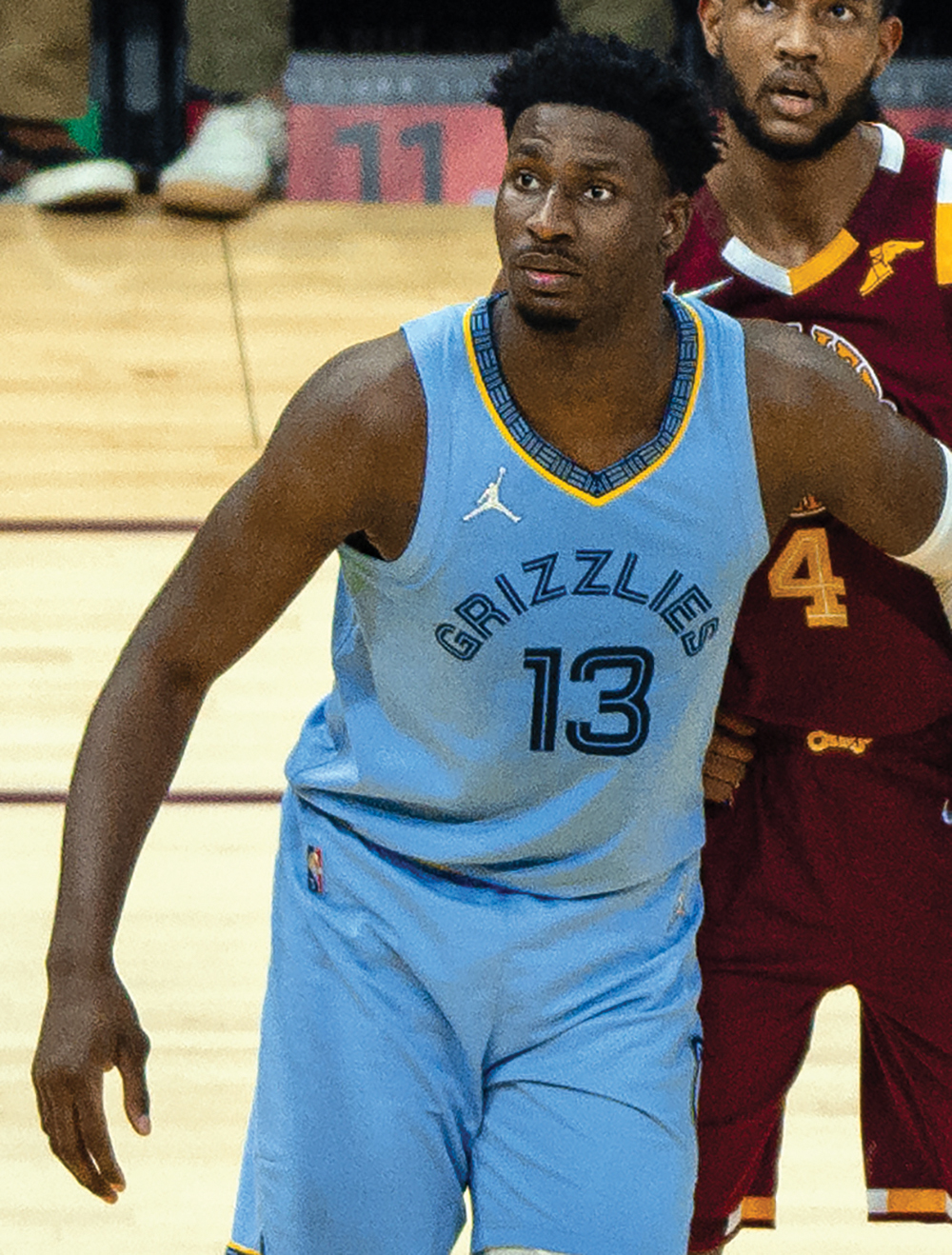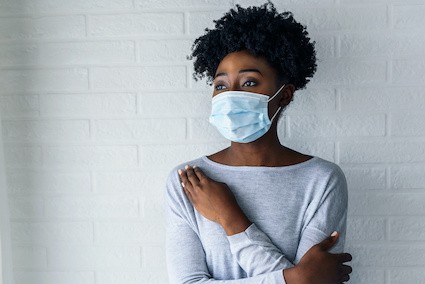When Lynne Smith stood in front of a jury, all eyes and ears were locked onto her. For several decades, she commanded respect as a trial lawyer in Memphis. Though she fought tirelessly for her clients, when she fought for her own life, no one was listening to her final closing argument.
Seen, Yet Unheard
Early September 2021, I drove my mom to several doctors’ appointments. She had been diagnosed with a pulmonary embolism a few months earlier. Despite the blood thinners to clear the clot, her health continued to deteriorate over the course of the summer. She was relying heavily on the use of oxygen, and her energy levels were nearly depleted.
My mom, who’d once climbed mountains and swam in waterfalls, could barely make it out of bed without assistance. Something was clearly not okay. Desperate for answers, she visited her primary care physician and cardiologist. Neither drew blood or ran any labs on her.
Two weeks later, her heart stopped and my dad had to perform CPR. She was rushed to the ER. The reason for her fatigue: She had almost no blood in her body. A mass in her colon was draining all of her blood. While in the hospital, she received two blood transfusions, and they biopsied the mass to determine whether it was malignant or not. Then, she was released from the hospital.
One week later, my sister found my mom lying unconscious on her bathroom floor. She died before reaching the hospital. When the doctor came into the room to inform my family that my mom had passed away, we found out officially that she had colon cancer. A cancer that Lynne Smith never had the opportunity to fight. She was seen, yet unheard. And sadly, that is the narrative for many Black women.
Nikia Grayson is the clinical director at CHOICES, Memphis Center for Reproductive Health. She says, “The system is fraught with fragmentation and structural racism.” Black women’s voices are being ignored and their concerns are not being taken seriously or are outright dismissed.
I often think how my mother’s story would have shifted if she’d been listened to by her physicians. Would she have made it to her 66th birthday less than a month from the day she died?

Writing a New Legacy
Writing has always been cathartic for me. As early as 12, I have kept a journal or collection of writings in some form. I am now working to get those writings published as a book to encourage other people on their journeys. In the past 24 months, I have experienced firsthand the treatment of a Black woman seeking to receive mental healthcare. I was referred to rehabs, trauma centers, and specialists. I spent weeks in-patient in a variety of settings throughout the South. And as a Black woman, I was often in the minority as a patient and as a person. In my time, I only had one Black woman practitioner, a therapist in a facility in rural Kentucky. While there, I experienced racist comments from both the other patients and the staff. When I spoke out on how I felt, I was told by the white clinical staff that if I didn’t feel safe, then maybe it was time for me to go home.
In that moment, my voice not only felt incredibly small, but it was completely muted. I was screaming for help and met with deafened ears.
In April 2021, not only did I finally embrace my queerness and start walking in that truth, but I also connected with a Black woman therapist. Something clicked like never before, and I’ve felt my voice grew louder and prouder. Yet, I still carry the pain of being silenced for a lifetime as a queer, Black woman in Memphis.
And I feel my family’s stories are unfortunately not an anomaly. Historically speaking, Black women across the spectrum have had their voices marginalized. Using my mother’s story as a catalyst, I want to create space for our stories to be told, in our own words. It’s time to truly turn up the volume for Black women — and there are plenty of young, Black women waiting for their volume to be turned up.
Join my writing journey @roguecovergirl on Instagram and TikTok.

Singing Softly, but Boldly
“I got the Black woman experience, you know. … I feel like that’s something that you just can’t take away, you know.”
At 14, Chin Lindsey, now 19, was known by their peers and teachers as the “ukulele girl.” Lindsey walked through the hallways of Cordova High School with flowers in their hair, singing and strumming their ukulele. Though Lindsey is gender nonconforming, they said they still identify as a Black woman because that is an experience that can never be erased, although at times muted.
In fourth grade, Lindsey’s teacher would call them out for not wearing earrings, saying they looked like a boy. So Lindsey began wearing earrings to look like the other girls, though they never felt connected to any particular gender.
Lindsey and their mom moved around a lot in their early childhood. It was just the two of them, until their mom married their stepdad. As an only child for most of their childhood, they remember retreating into their own worlds of imagination. In these worlds, they’d also try to escape the pain of not having a great relationship with their biological father — something they desperately sought. While in high school, their maternal grandmother passed away, which was devastating to Lindsey, since they spent the bulk of their early years living with her. “I didn’t know how to deal with grief.”
During this time, Lindsey turned to music as a refuge. They were featured in school musicals and confidently carried their ukulele through the halls of high school, softly singing their own melody. Though music was an outlet, it did not provide an escape from the anxiety that was building, inwardly causing frequent panic attacks. And not wanting to be an additional burden to their mom, they would tell their mom they were all right. “But that wasn’t the truth.”
Lindsey moved to live with their best friend and “soul sister” in Austin, Texas, where they were often the only Black person in the classroom and that was a weird and new feeling. Lindsey put their ukulele down and the music stopped for a while.
And Lindsey began to doubt their voice — “It just wasn’t soulful enough.” But now as a young adult, they are ready to once again embrace the power of their story through singing and songwriting. Lindsey appreciates the softness in their voice as an invitation to vulnerability. There is no cap on the size of Lindsey’s audience. Maybe Madison Square Garden. Maybe YouTube. Maybe Broadway. But without a doubt, the volume will be turned all the way up.
Listen along to Lindsey’s songwriting journey on Instagram @chin.wow.

Connecting to the Prime Source
When Mion Wilkes, 22, experienced the death of her father at 16, she found herself in search of answers that weren’t found in traditional places. This experience sparked a spiritual journey that helped her discover her light and her voice.
Wilkes hails from North Memphis — “There were no other races, no diversity. It was just pretty much what it was,” she says. Then, she moved to Olive Branch and stood out like a “sore thumb.” She says everyone there expected her to be the “ghetto” girl, and they even idealized that version of her. Wilkes invoked that persona with a “hard” edge and became a novelty among her peers.
Returning to Olive Branch after a quick stint in Atlanta, Wilkes could no longer maintain that version of herself. In Atlanta, she saw all types of personalities and different types of people. She knew she was more than the Black girl from North Memphis. Before this time, she wrote raps to express her feelings and deep thoughts, but at that moment the raps became poetry “because it’s technically the same thing — just in a softer, more feminine way.”
Poetry helped her cope with her father’s death, as she reckoned with being fatherless at such a young age. His death also served as the starting point for her discovering her own spirituality and identity as a Black woman. “I realized that I’m a very soft person that my environment did not allow me to be.”
Wilkes began looking beyond the Christianity of her childhood. She meditated and felt a connection to something higher than herself, which she calls “The Universe.” This connection snapped her out of “autopilot,” and she began to adopt a holistic lifestyle that she wants to share with others. She’s currently finishing her degree in sustainability and wants to have her own company that “provides for the earth and picks up the things from people who don’t care … until they realize it matters.”
As she continues on this journey, she sees her own poetry book line, plant nurseries, and creating spiritual retreats and spaces for people to heal and “connect to the prime source.” But honestly, she sees it all because “we are bigger than our imaginations.”
Follow along Wilkes’ journey on Instagram
@miondeshayy and her YouTube channel, Mion DeShayy.
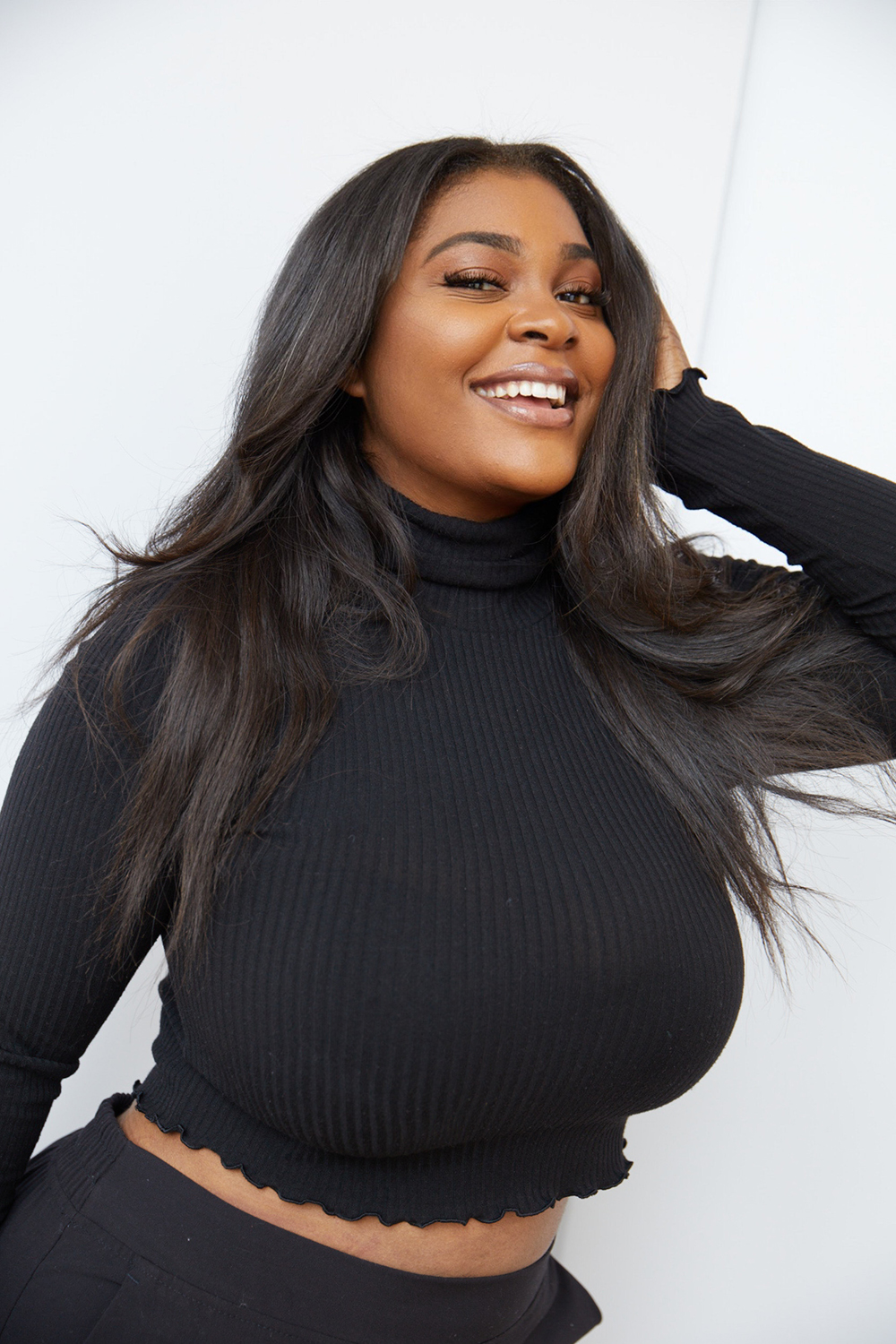
Giving Voice (and Body)
Although Tyler Burkley, 27, grew up dancing throughout middle and high school, she did not meet the weight requirements to join the University of Memphis pom or cheer teams. Currently, Burkley is an eighth grade teacher, who’s breaking the mold and ripping the runway in pursuit of her dream of becoming a full-figured supermodel and entertainer.
Burkley grew up in South Memphis, and when she transferred to Ridgeway Middle School, she was bullied for being different from her peers. Though Burkley found solace in dance, her grades were barely passing, and in her core, she believed she wasn’t smart.
When Burkley transferred to The Soulsville Charter School, her GPA was under 2.0, and her confidence was self-described as even lower. But something shifted for Burkley while she attended Soulsville — she was inspired by having “positive Black women as role models.” The impact of having those role models was immeasurable to Burkley, who finished high school as salutatorian.
While Burkley was attending the University of Memphis, her mom suffered a massive stroke, paralyzing her from the waist down at the time and leaving her unable to speak. Shortly afterward, her nephew passed away at age 5. “There was no more dance after that,” says Burkley. During this time, Burkley used food as a coping mechanism and realized she had a compulsive overeating disorder and gained over 70 pounds.
As her weight increased, her self-esteem was falling with equal measure. This all changed when Burkley saw a model on Instagram who was also curvy. In that moment, she knew that was her destiny.
A few months later, Burkley became the first Black plus-sized model to walk Memphis Fashion Week. She’s walked countless more runways, modeled for local and national brands, and been featured in online, print, and TV media campaigns. Best of all, she’s loving herself along and listening to the voice of her mother’s call to “fly, little birdie. Fly.”
In addition to modeling, Burkley proudly stands in her queer identity. She’s giving voice (and body) to her goal of being a positive role model in her own community. And she’s very clear on who her community is — “People that look like me.”
As for the future, Burkley is not limiting herself. She expects to continue modeling, act in movies, have her own TV show, and most importantly, she says, “[help] others go for their dreams.”
Watch Burkley’s modeling journey @burkley.tyler on Instagram.
Raising the Next Women Up
In 2018, when Kia Moore founded the Church at The Well, she realized there were no other Black millennial women church planters in the area. It’s been important for Moore to be present and visible to inspire other Black women who might also aspire for the pulpit; however, that is not Moore’s greatest mission.
Moore is raising her 5-year-old Harper Dream to live without limits. She’s instilling a confidence in her that Moore hopes will allow Harper to freely use her voice to help the world around her. “So, I’m making sure we have more examples of confident and caring Black women by raising an extremely confident and caring Black girl.”
After volunteering and organizing in college, Carlissa A. Shaw felt jumping into politics was the best next step. With no political aspirations for herself, she founded CASE Consulting to help others in their campaigns for elected office. She’s passionate about helping her community and elevating Black women’s voices. Though she’s representing many Black women this election cycle, her greatest campaign is raising her 5-year-old daughter to “build her own goddamn tables.”
According to Shaw, Black women have been “conditioned to stay graceful in the midst of inhumane treatment.” That’s not a world she wants for her daughter, so she’s teaching Nia Grace to “know no limits.”
Turn Up Your Volume
“Life is a big canvas … paint on it as you will.”— Mion Wilkes
It is not easy to open up and be vulnerable. To share a part of your story for readers unknown. But that is exactly what these women did. For that, they should not only be applauded but followed. There is immense power in storytelling for not only elevating and amplifying marginalized voices, but creating space for so much more.
So now it’s your opportunity to turn up the volume on your story. If you are interested in sharing your story or highlighting someone else’s, send an email to turnupthevolume@memphisflyer.com to be featured in the recurring Turn up the Volume series.
